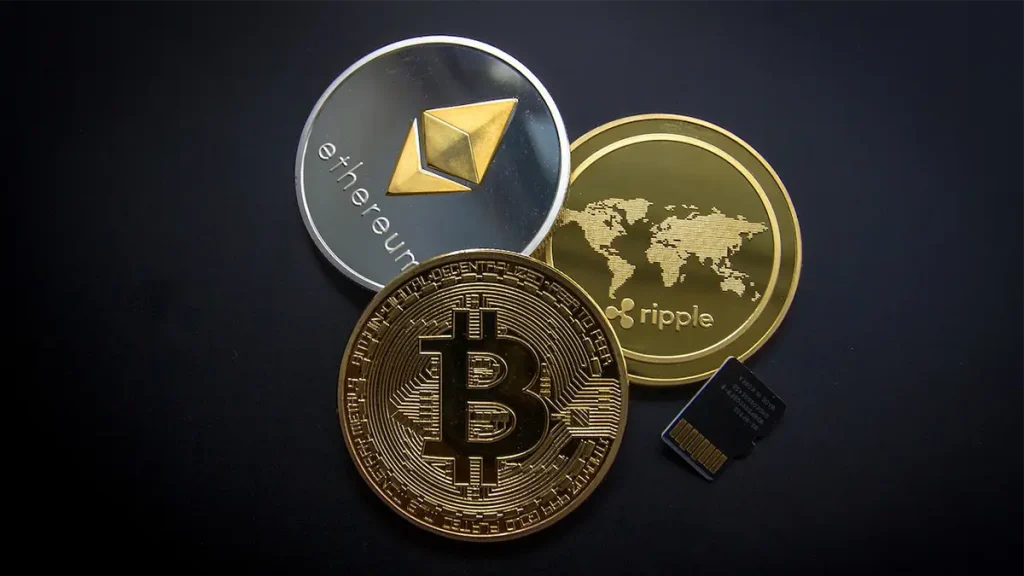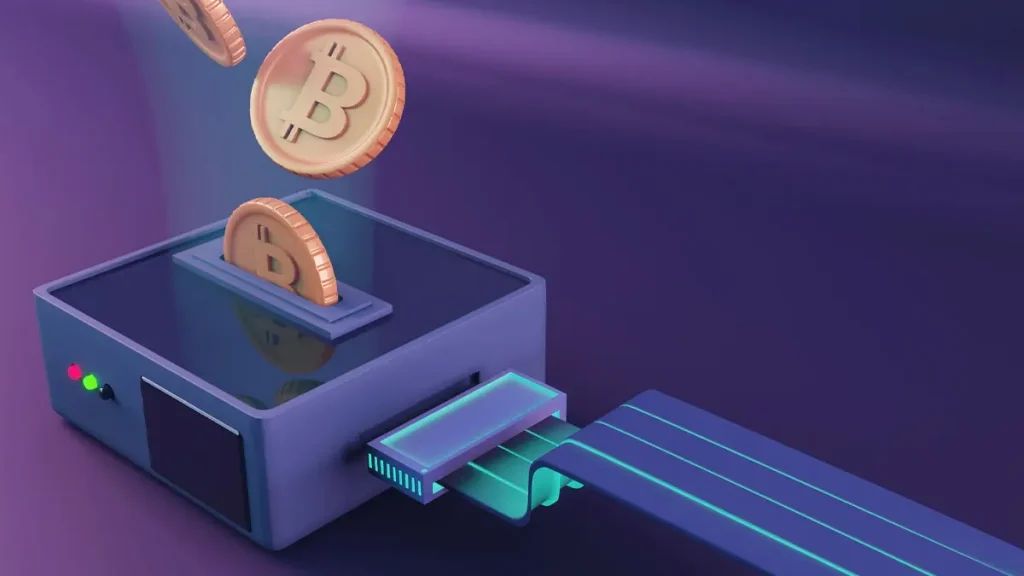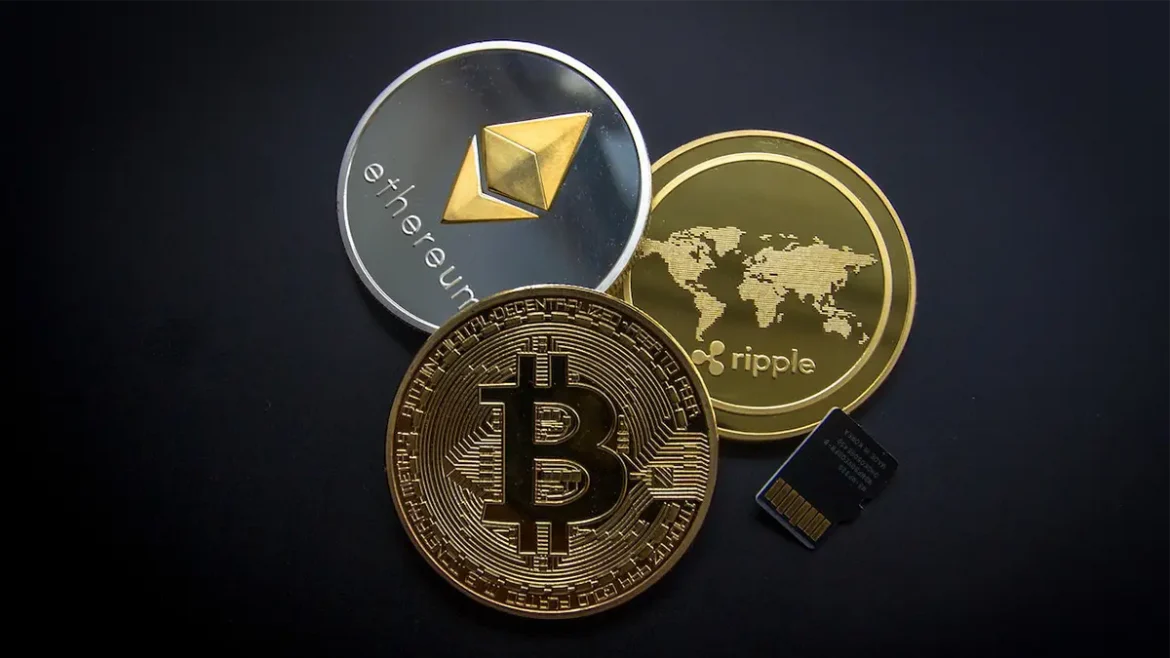Introduction
Cryptocurrencies have taken the financial world by storm in recent years. This article aims to explore the evolution of cryptocurrencies from Bitcoin to Dogecoin.
Definition of Cryptocurrencies
Cryptocurrencies are digital or virtual currencies that use cryptography for security and operate independently of a central bank. They allow for peer-to-peer transactions without the need for intermediaries.
Bitcoin: The Pioneer
Introduction of Bitcoin
Bitcoin was the first decentralized cryptocurrency introduced in 2009 by an unknown individual or group using the pseudonym Satoshi Nakamoto.
How Bitcoin Works
Bitcoin operates on a decentralized network called the blockchain. Transactions are verified by network nodes through cryptography and recorded on a public ledger.
The Advantages and Disadvantages of Bitcoin
Bitcoin offers advantages such as security, transparency, and freedom from intermediaries. However, it also has drawbacks such as volatility and scalability issues.
Bitcoin Adoption Across the World
Bitcoin has gained adoption worldwide, with countries like the USA, Japan, and China leading in Bitcoin usage.

Altcoins: The Rise of Other Cryptocurrencies
Altcoins Definition
Altcoins are cryptocurrencies that came after Bitcoin and operate on their own blockchain network.
Types of Altcoins
Altcoins can be categorized into three types: Ripple-like cryptocurrencies, Ethereum-like smart contract platforms, and Bitcoin-like currencies.
Examples of Popular Altcoins
Popular altcoins include Ethereum, Litecoin, Ripple, and Bitcoin Cash.
The Differences Between Altcoins and Bitcoin
Altcoins differ from Bitcoin in areas such as mining algorithms, transaction speed, and overall goals.
Altcoin Acceptance Across the World
Altcoins have gained acceptance in countries like Japan and South Korea, but regulatory concerns have limited their growth in other countries.
Dogecoin: The Joke Turned Billion-Dollar Asset
What is Dogecoin
Dogecoin is a cryptocurrency named after the popular internet meme dog, Shiba Inu. It started as a joke but has since become a valuable asset.
The History of Dogecoin
Dogecoin was created in 2013 by developers Billy Markus and Jackson Palmer. It gained popularity for its friendly community and charitable donations.
Dogecoin’s Popularity
Dogecoin’s popularity has risen due to celebrity endorsements and social media influence.
The Advantages and Disadvantages of Dogecoin
Dogecoin offers advantages such as low fees and faster transaction processing. However, it lacks seriousness and significant adoption.
The Future of Dogecoin
The future of Dogecoin remains uncertain as its value is related to social media trends.
Cryptocurrency Mining
Definition of Cryptocurrency Mining
Cryptocurrency mining is the process of verifying transactions and adding them to the blockchain network while being rewarded for doing so.
The Process of Cryptocurrency Mining
Mining involves using high-powered computers to solve complex mathematical problems that verify transactions.
Bitcoin Mining
Bitcoin mining involves the use of specialized hardware called ASIC miners.
Altcoin Mining
Altcoin mining can be done using a standard computer with a powerful graphics card.
The Future of Cryptocurrency Mining
The future of cryptocurrency mining depends on the adoption of cryptocurrencies and available hardware technology.

Cryptocurrency Trading
Definition of Cryptocurrency Trading
Cryptocurrency trading involves the exchange of cryptocurrencies for other cryptocurrencies or fiat currencies.
The Rise of Cryptocurrency Trading
Cryptocurrency trading has risen due to the high volatility and potential for profit.
Trading Cryptocurrencies vs. Fiat Currencies
Trading cryptocurrencies offers the potential for more significant returns but also carries higher risks.
Risks and Mistakes of Cryptocurrency Trading
Risks of cryptocurrency trading include market volatility, fraud, and hacking incidents.
The Future of Cryptocurrency Trading
The future of cryptocurrency trading depends on regulatory efforts and adoption by mainstream financial institutions.
Cryptocurrency Regulations
Cryptocurrency Regulation Explained
Cryptocurrency regulation involves government oversight to protect investors, prevent illicit activities, and promote innovation.
The Current State of Cryptocurrency Regulations
Cryptocurrency regulations vary worldwide, with some countries embracing cryptocurrencies while others restrict their usage.
Pros and Cons of Cryptocurrency Regulation
Pros of cryptocurrency regulation include greater consumer protection and legitimacy. However, over-regulation can stifle innovation and limit the growth of cryptocurrencies.
Future Cryptocurrency Regulation
The future of cryptocurrency regulation remains uncertain and dependent on government actions worldwide.
The Future of Cryptocurrencies
The Potential of Blockchain Technology
Blockchain technology holds significant potential for revolutionizing industries beyond finance.
Cryptocurrencies vs Traditional Currencies
While cryptocurrencies offer greater transparency and security, traditional currencies benefit from wider adoption and stability.
Cryptocurrencies as a Global Currency
Cryptocurrencies have the potential to become a global currency due to their accessibility, speed of transactions, and security.
The Possibility of a Cryptocurrency Bubble
The widespread adoption of cryptocurrencies has led to concerns about a possible bubble.
The Future Developments of Cryptocurrencies
The future of cryptocurrencies remains uncertain but can potentially benefit from greater adoption, regulation, innovation, and stability.

Conclusion
Cryptocurrencies have evolved significantly since the introduction of Bitcoin in 2009. The pros and cons of cryptocurrencies must be considered carefully before investing or trading.
FAQs
- What are Cryptocurrencies? Cryptocurrencies are digital or virtual currencies that use cryptography for security and operate independently of a central bank.
- Is Cryptocurrency Mining Legal? Cryptocurrency mining is legal in most countries, but some governments have placed restrictions on it.
- How Can I Buy Cryptocurrencies? Cryptocurrencies can be bought on cryptocurrency exchanges or through peer-to-peer transactions.
- What is the Future of Cryptocurrency Regulations? The future of cryptocurrency regulations remains uncertain and dependent on government actions worldwide.
- How Secure Are Cryptocurrencies? Cryptocurrencies provide a high level of security due to the cryptography used to verify transactions.
- What is the Risk Involved in Cryptocurrency Trading? The risks of cryptocurrency trading include market volatility, fraud, and hacking incidents.
- Will Cryptocurrencies Replace Traditional Currencies? Cryptocurrencies have the potential to become a global currency, but further adoption, regulation, and stability are necessary.
- What Happens When All the Cryptocurrencies are Mined? The mining process will no longer create a new cryptocurrency, and transaction fees will become more significant.
- What Are the Advantages and Disadvantages of Cryptocurrencies? The advantages of cryptocurrencies include security, transparency, and freedom from intermediaries. However, they also have drawbacks such as volatility and scalability issues.
- What is the Difference Between Bitcoin and Altcoins? Altcoins differ from Bitcoin in areas such as mining algorithms, transaction speed, and overall goals.

